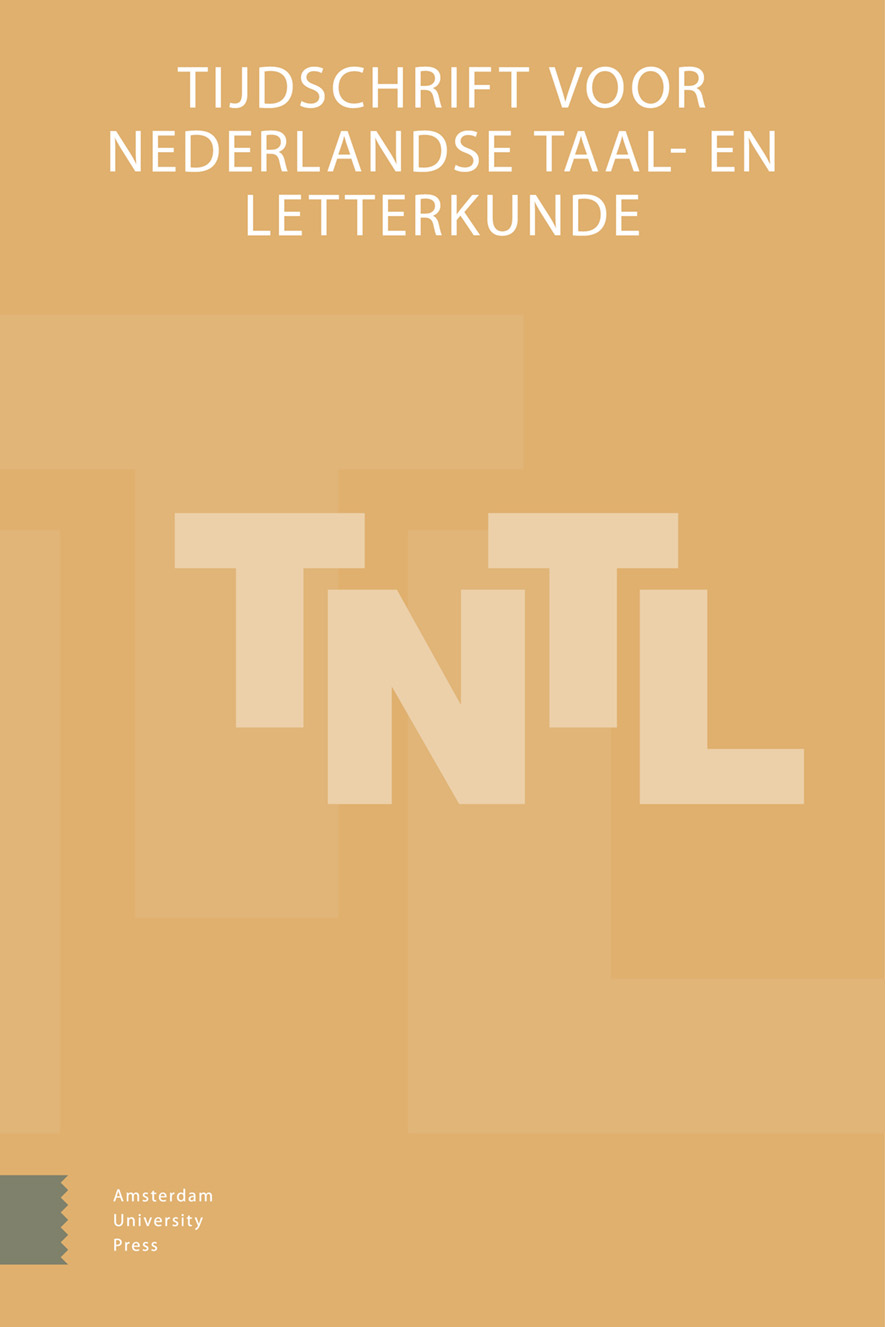
Full text loading...
We use cookies to track usage and preferences.I Understand
Plurilingualism and multilingualism are terms that are often indifferently used. Yet they reflect two distinct practices and dimensions of social and cultural life, i.e.: the individual ability to master and use several languages at the same time, and the coexistence of different languages at a variety of levels and in various settings in a given society. Both reflect different forms of elasticity of the social fabric, and flourish in times of economic prosperity, mass migration and global cultural contacts, whereas they decline in times of contraction and nationalism. As a period of growth, mass migration and cultural flourishing, the Dutch Golden Age (c. 1580-1750) is an excellent observatory for these phenomena, of which I shall sketch a picture, insisting in particular on the cultural aspects of language, such as language acquisition and teaching, language use, and the social meanings of language.

Article metrics loading...

Full text loading...
References


